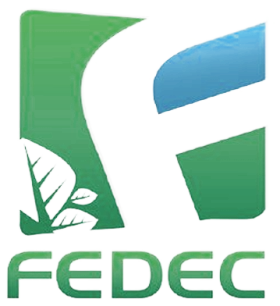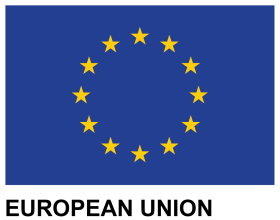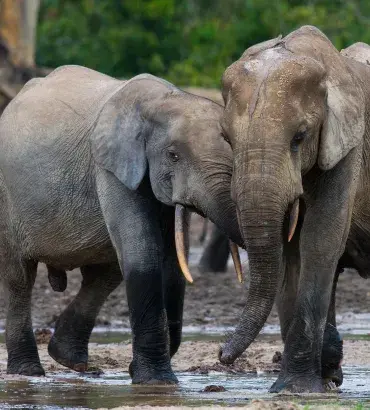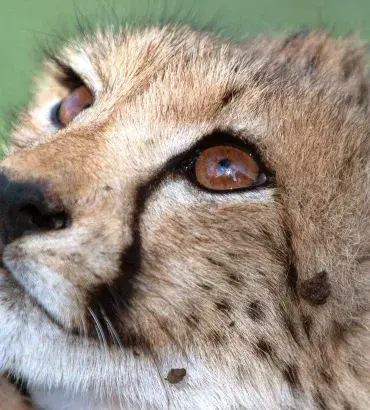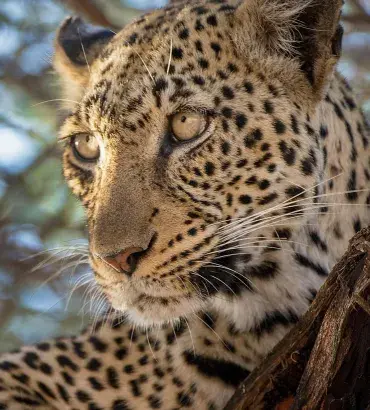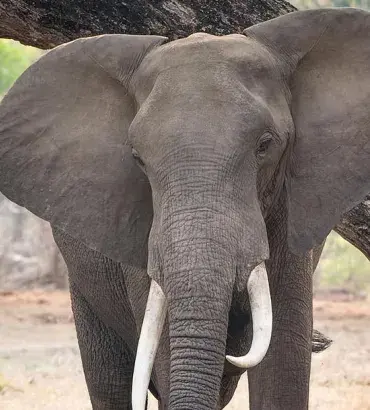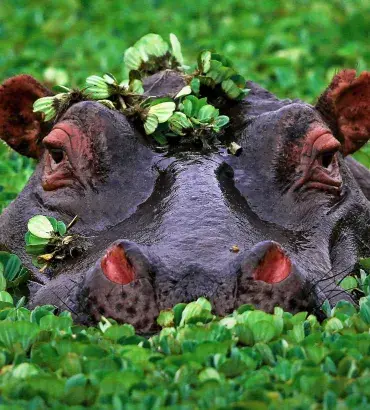Participatory planning benefits people and wildlife around Dja Faunal Reserve
We bring together everyone in and around Dja Faunal Reserve with a vested interest—including community members, government officials, and Indigenous peoples—to shape conservation strategy. With our technical assistance, the parties have created strategies that prioritized not only wildlife protection but also the improvement of local livelihoods.
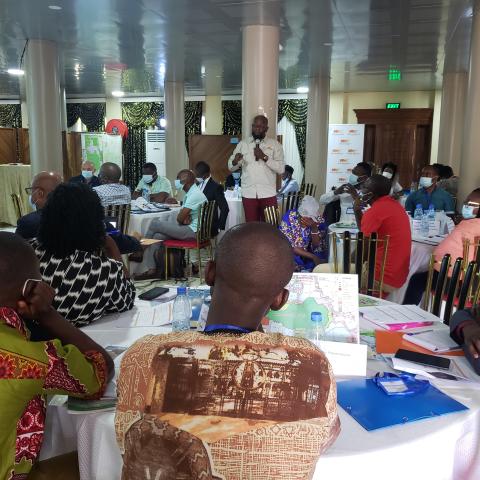
Building wildlife economies
Local and indigenous populations around Campo Ma’an are natural resource stewards. They depend on forest resources, which are threatened by human pressure and development. We and our partners are implementing livelihood activities here to diversify and improve sources of income—empowering Indigenous and rural communities while reducing pressure on wildlife and biodiversity. The projects include community agroforestry plantations (cocoa and rubber); small-scale farming of crops such as cassava, plantain, corn, peanuts, and egusi; and defining the market value of non-timber forest products.
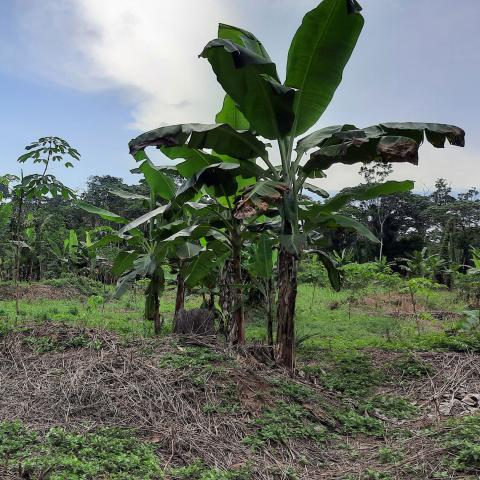
Addressing conflict over natural resources
We support communities around Faro National Park in developing land-use plans, which improve natural-resource management by delineating multi-use zones. We also helped create a local “diplomacy network” of local community members to mediate conflict and foster two-way communication between incoming herders and those already grazing and farming in the area. As a result, groups traditionally in conflict over land use are collaborating to establish corridors and improved grazing areas for seasonal cattle pasture and passage.
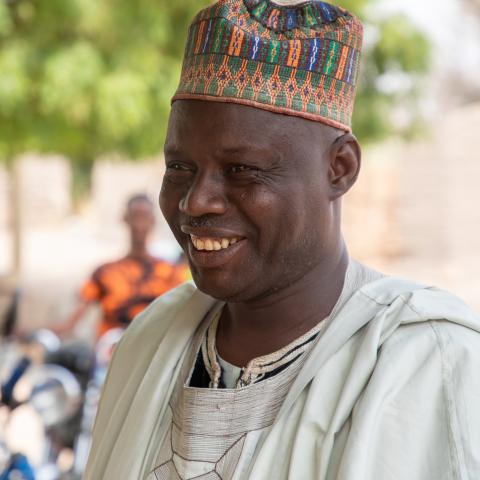
1,120,000 Number of hectares protected and/or with improved conservation status due to AWF interventions beginning in 2016
259,380 Number of people benefiting from AWF's conservation efforts
5 of 6 Wildlife populations supported by AWF that are stable/increasing
Cameroon

Unsustainable development and poaching threaten the rich biodiversity of this Central African country known as “Africa in miniature.” To sustain Cameroon’s natural heritage, we combine policy engagement with people-centered, rights-based conservation, collaborating with communities to develop innovative conservation solutions.
Our holistic field programs aim to deliver results that align with the Cameroon government’s sustainable development aims. Activities include:
- Developing alternative livelihoods such as cocoa-based agroforestry, which generates revenue, produces food, and cosmetic products
- Supporting local communities and Indigenous people in the sustainable management of natural resources
- Increasing the effectiveness of anti-poaching efforts by providing tracking technology and equipment to rangers and community scouts
- Conducting biomonitoring to inform management decisions
- Creating and supporting a network of local ambassadors who mediate and strengthen communications around resource conflicts
Our conservation efforts in three landscapes benefit endangered and at-risk species including forest elephants, western lowland gorillas, and leopards.
We work with the people of Cameroon for wildlife. Our strategic, implementing, and funding partners include:
Pagination
- Previous page
- Page 2
- Next page

